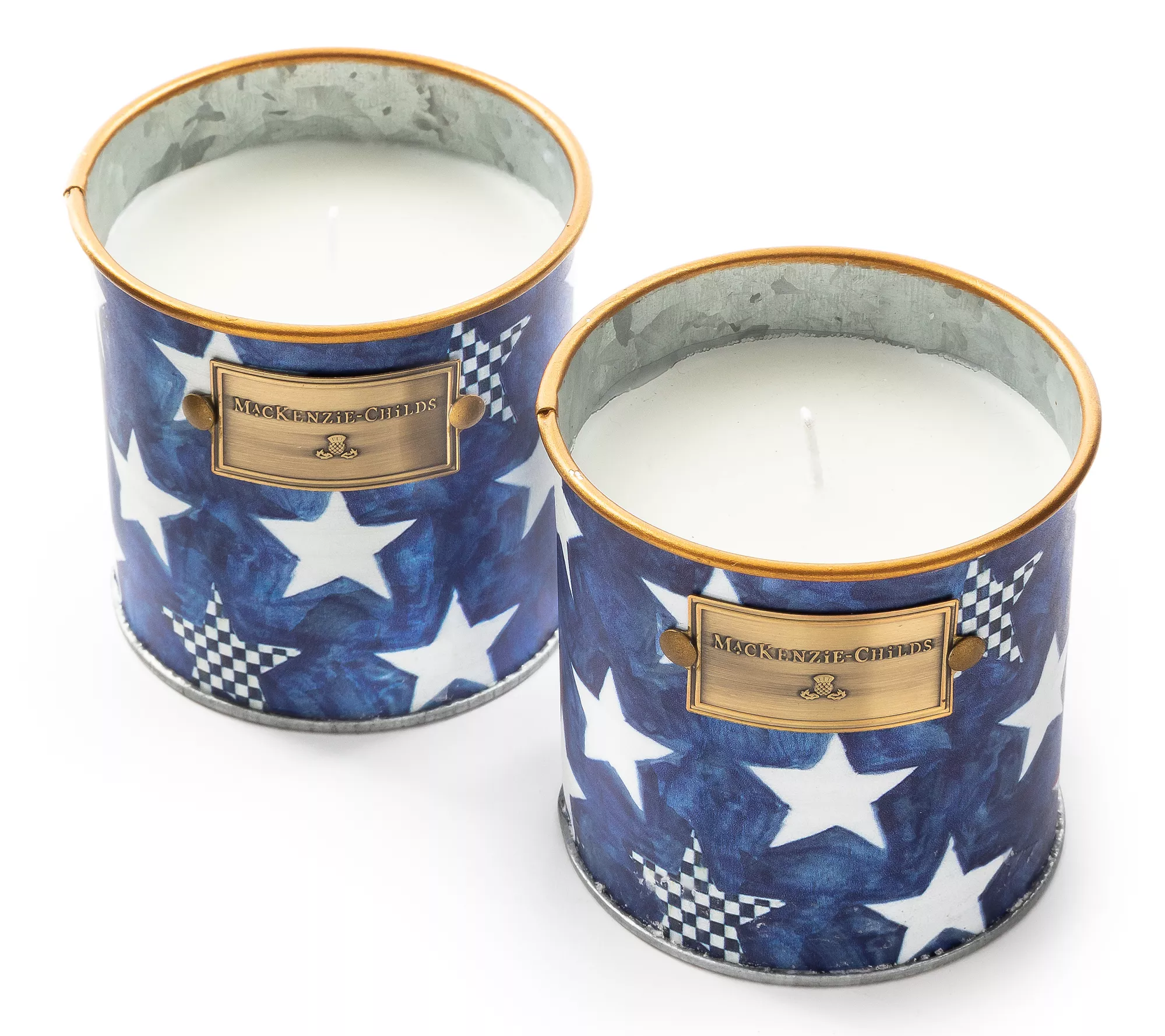Does burning coffee grounds help dispel mosquitoes? We explore this unique pest control method
Could burning coffee grounds be your go-to home remedy to help keep these biters at bay? Experts share the pros and cons of this method and tips for use

Lola Houlton
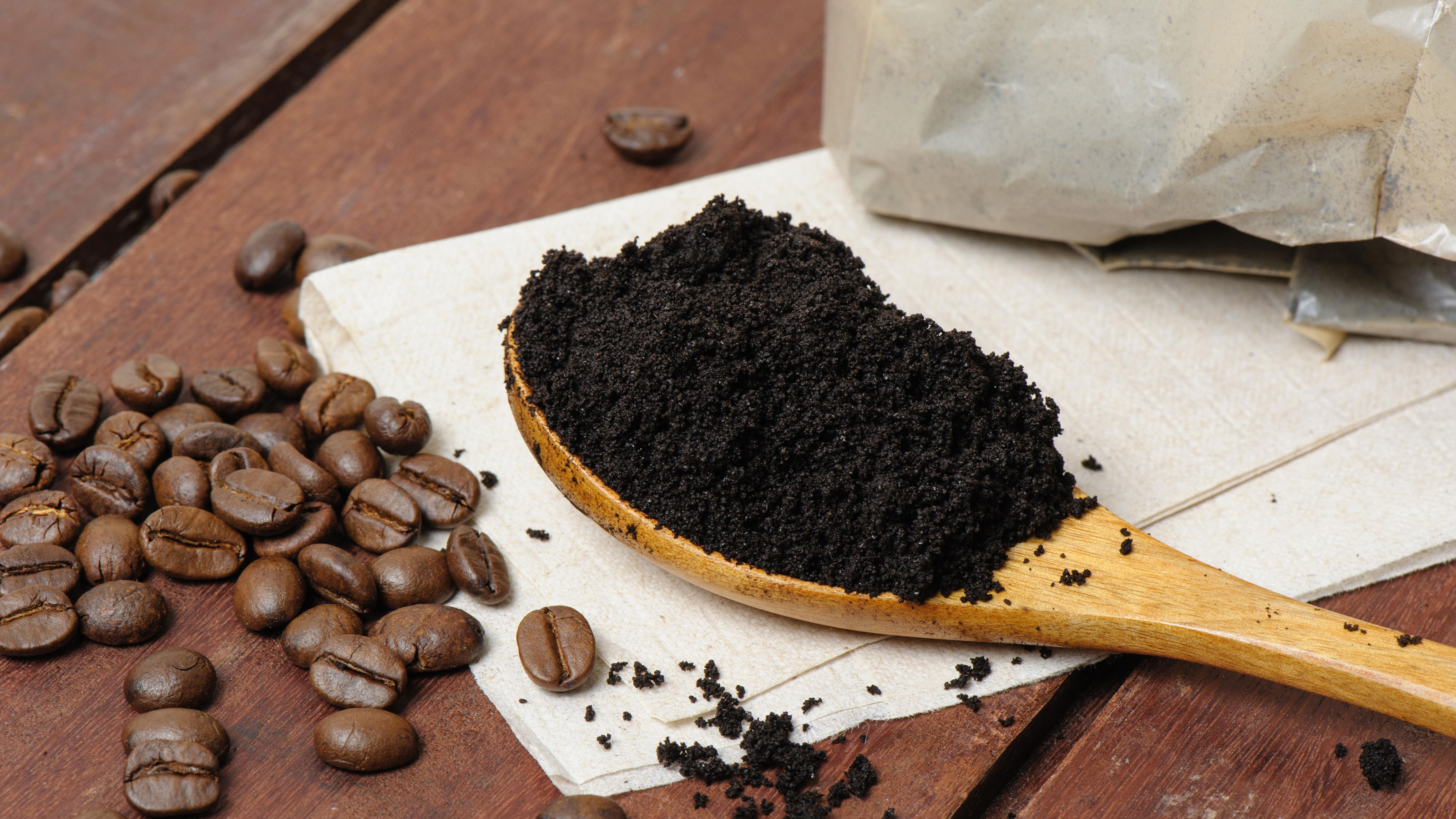
Design expertise in your inbox – from inspiring decorating ideas and beautiful celebrity homes to practical gardening advice and shopping round-ups.
You are now subscribed
Your newsletter sign-up was successful
Want to add more newsletters?

Twice a week
Homes&Gardens
The ultimate interior design resource from the world's leading experts - discover inspiring decorating ideas, color scheming know-how, garden inspiration and shopping expertise.

Once a week
In The Loop from Next In Design
Members of the Next in Design Circle will receive In the Loop, our weekly email filled with trade news, names to know and spotlight moments. Together we’re building a brighter design future.

Twice a week
Cucina
Whether you’re passionate about hosting exquisite dinners, experimenting with culinary trends, or perfecting your kitchen's design with timeless elegance and innovative functionality, this newsletter is here to inspire
With summer upon us, the inevitable task of warding off mosquitos to avoid those pesky bites begins again.
While traditional methods for getting rid of mosquitoes, ranging from using certain plants to synthetic products like DEET remain effective, as we lean towards easy-to-implement, eco-friendly ways to keep these pests at bay, an intriguing question arises. Do coffee grounds keep bugs away, and if so, might they be the ideal mosquito repellent?
But just how effective is this method? We look into whether burning coffee grounds can work just as well, plus helpful tips on other scents that deter mosquitos.
Does burning coffee grounds repel mosquitoes?
As a pantry staple, one thing we're willing to bet is that many of you will have a plentiful supply of coffee grounds, so next time you're making coffee at home with one of the best French presses, consider saving your coffee grounds and trying this technique.
How it works
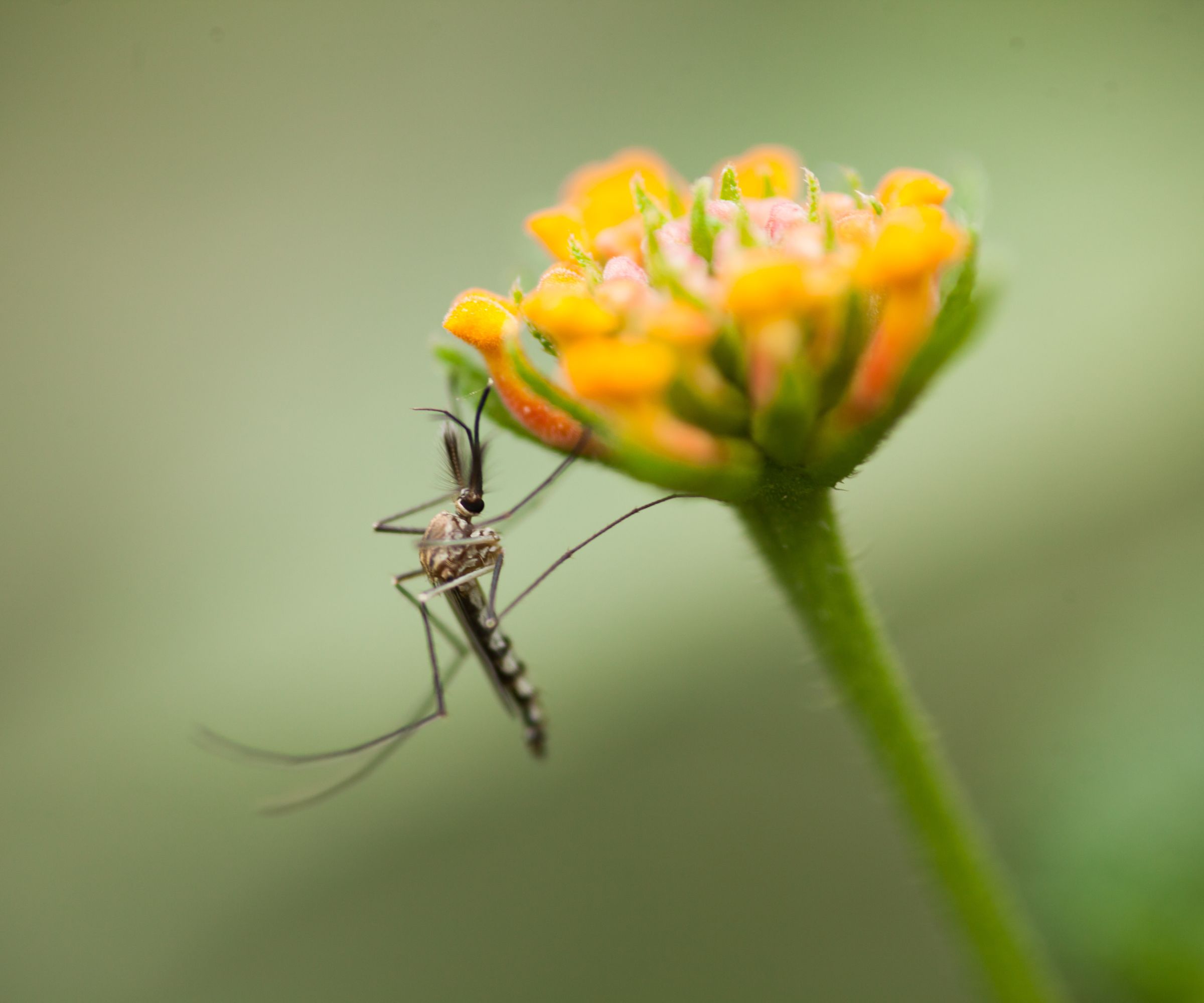
The theory behind this method is that burning coffee grounds produces a strong, pungent smell that is unappealing to mosquitoes and other pests.
Whether fresh, used, or burnt, all types of coffee have repellent properties. Burning coffee grounds, in particular, intensifies their aroma and effectiveness. It will emit smoke that contains compounds like caffeine and diterpenes, which mosquitoes find repulsive.
Burning coffee grounds works by masking the scents that attract mosquitoes, making it more difficult for them to locate their targets.
Design expertise in your inbox – from inspiring decorating ideas and beautiful celebrity homes to practical gardening advice and shopping round-ups.
When strategically burned or dampened and placed in specific areas, coffee grounds release a scent that disrupts mosquitoes' ability to locate humans. This can create a barrier and discourage mosquitoes from entering treated areas. However, it is important to note that coffee grounds should be used as an additional measure, alongside other mosquito control methods for optimal results.
So, whether you are looking for ways to keep mosquitos away from the front door or want to get rid of mosquitos inside the house naturally, burning coffee grounds may be your new go-to natural pest-control method.
How to use the coffee grounds
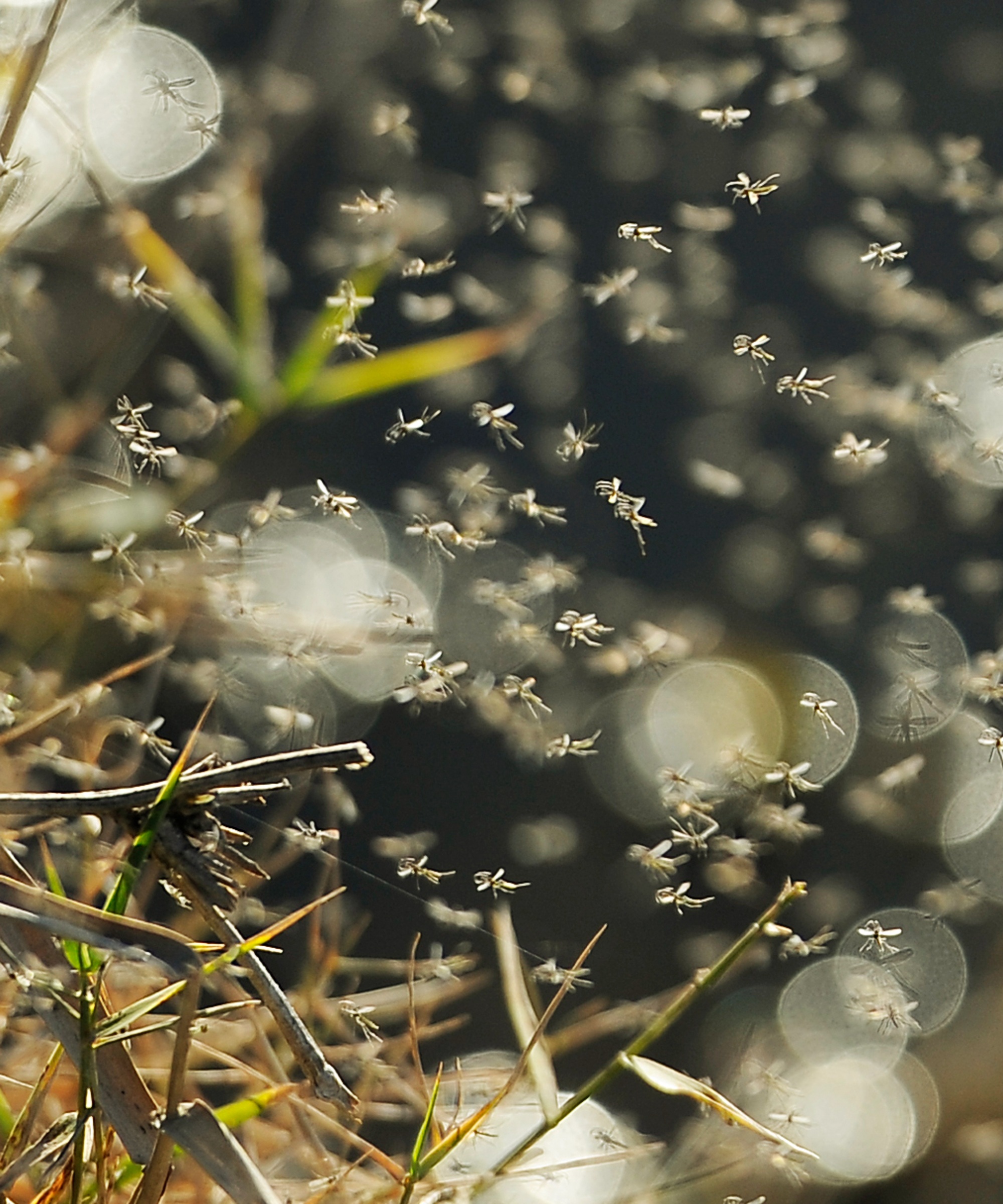
You can use fresh ground coffee, such as this on Amazon, brewed or burnt. Kayla Stavridis, head of marketing at Barista HQ explains how to use coffee grounds to repel mosquitos:
- Dry the grounds: Ensure your used coffee grounds are completely dry to avoid charring or smoking when it burns and ensure maximum release of repellent compounds. Spread them out on a baking sheet and place them under the sun or in a low-temperature oven to dry.
- Prepare a safe burning surface: Choose a safe, fire-resistant container or surface to burn the grounds in. An old metal tray, bowl, or aluminum foil works well. You can use this Winco stainless steel bowl from Amazon.
- Burn the grounds: Place the dried coffee grounds in your chosen container and light them with a match. Allow them to smolder; you do not need a large flame, as the smoke helps repel mosquitoes. Brett Bennett, director of operations, PURCOR Pest Solutions recommends: 'Burn it like incense – so, you'll form a little hill of coffee grounds, make a divot in the top, and add a wick there to burn.' Use wicks such as these from Amazon.
- Position strategically: Place the container where you notice mosquitoes gather or where you and your guests are sitting, such as on a patio or by an open window. The goal is for the smoke to waft through the area, creating a mosquito-free zone. The best time to use this method is usually when hosting outdoor gatherings around peak mosquito hours in the late afternoon and evening.
Tips for effectiveness
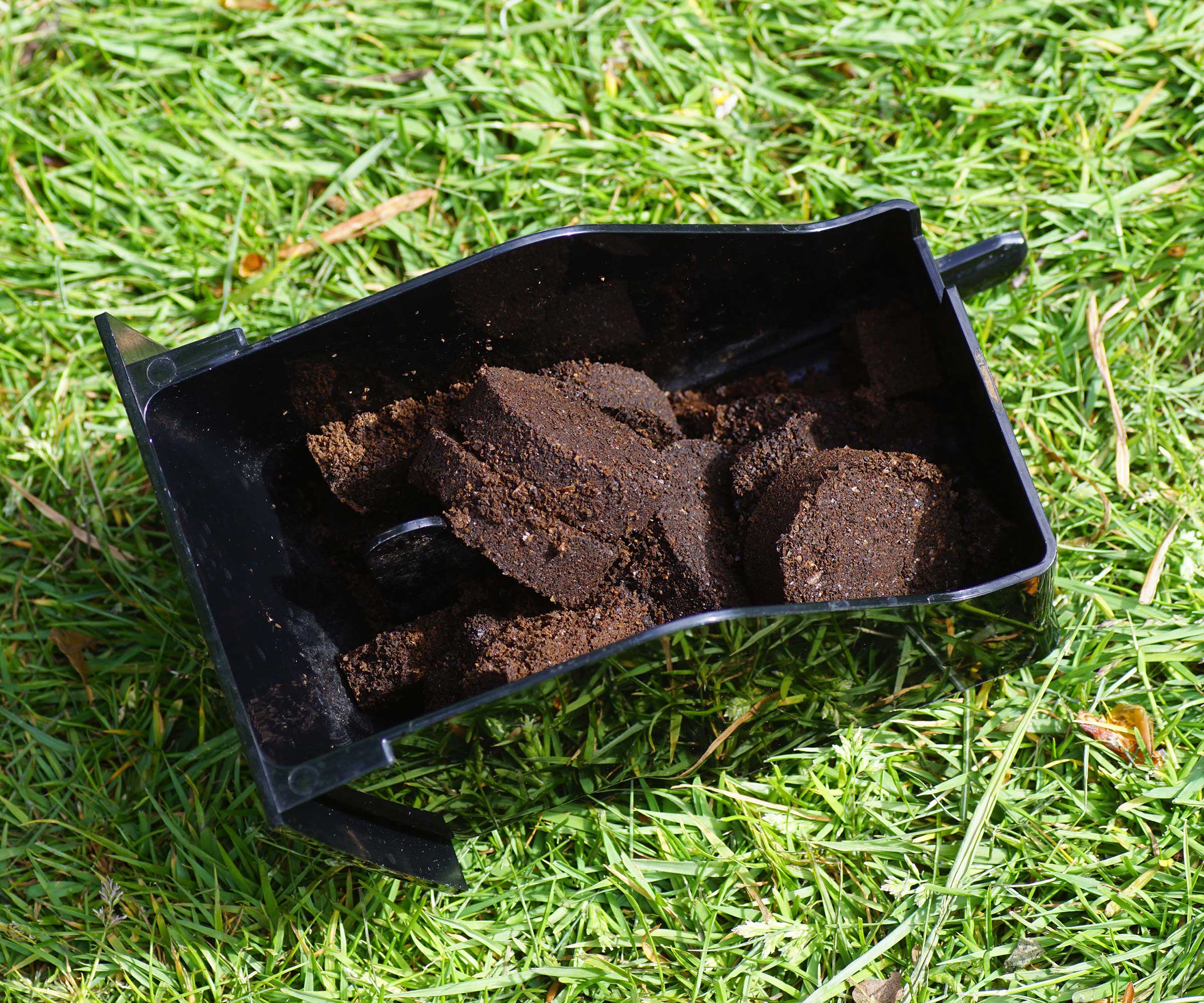
There are a few techniques that can be used in combination to maximize the effectiveness of this method.
- One way to enhance the coffee's natural aroma is to brew the grounds multiple times.
- The effectiveness of burning coffee grounds can diminish in windy conditions as the smoke disperses too quickly. For best results, use burning coffee grounds when there is little to no wind,' advises Kayla Stavridis.
- The coffee grounds may need to be reignited periodically to keep the smoke going, especially over a longer period.
- Once burnt, use the grounds in a number of ways, including sprinkling them throughout your yard or around a specific area such as your pool or porch. You can also add the grounds to boiling water to create a spray. Let the liquid reduce to make the spray more concentrated and now you have a natural mosquito repellent you can use inside the home as well.
- Burnt coffee grounds can also be combined with other natural repellents, such as citronella candles, essential oils like lavender or eucalyptus, or mosquito repellent plants like dried rosemary or sage to increase the effectiveness of mosquito repulsion. Such herbs also yield a great smell when burning, and can thus complement coffee grounds.'
Pros and cons of the method
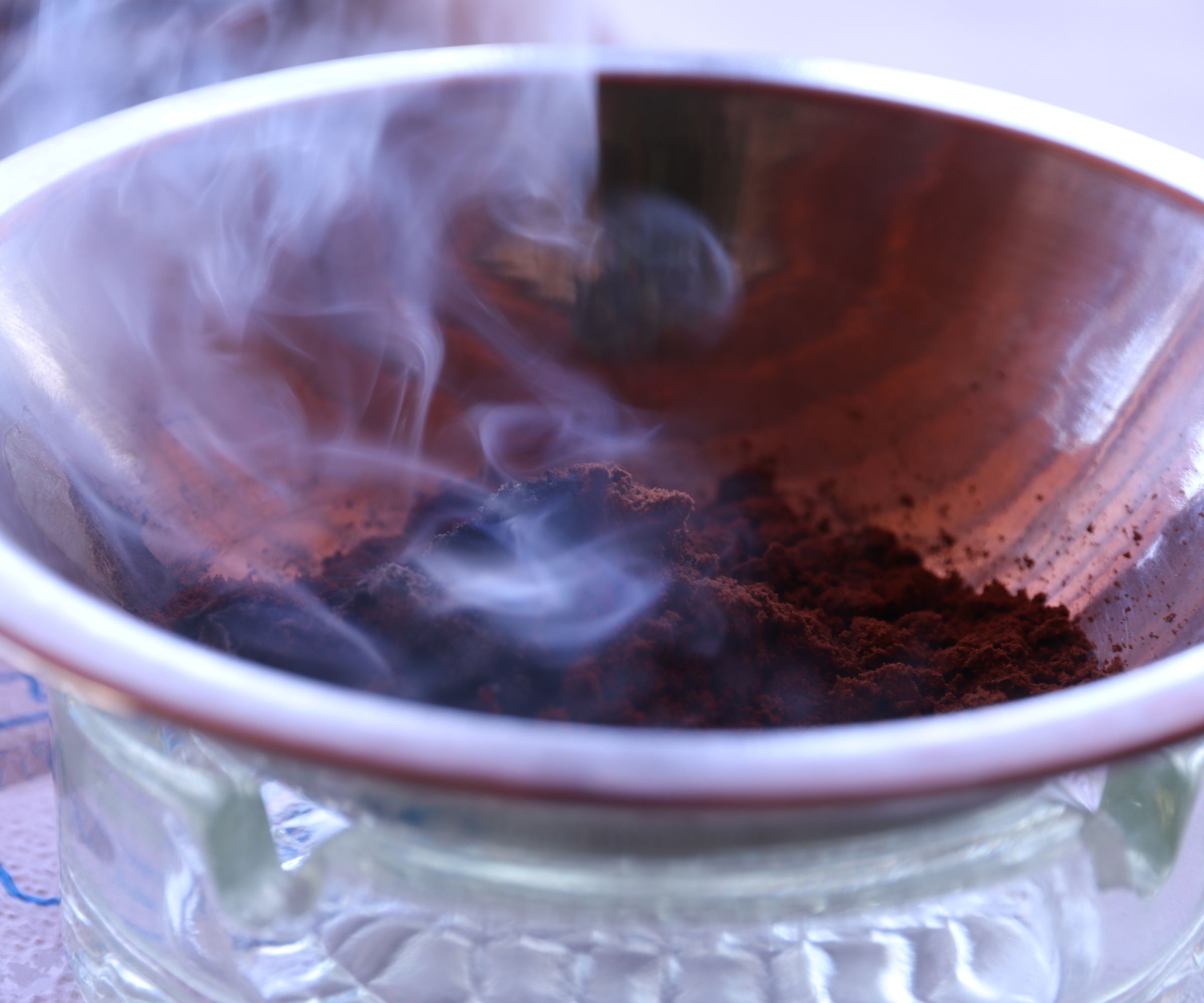
The biggest advantage of this method is that coffee is a readily accessible item in many households, making it an easy technique to use after your morning cup to deter these pests.
Using used coffee grounds not only saves money on repellents such as citronella candles and expensive bug zappers, but it also offers a natural defense, avoiding the harsh chemicals often used in pest control. This eco-friendly method reuses waste, reducing the demand for chemical products and promoting sustainability.
While there is limited scientific evidence supporting coffee grounds' ability to repel adult mosquitoes, there is some evidence that burnt coffee grounds can prevent the growth of mosquito larvae, says Nicole Carpenter, CEO of Black Pest Prevention. 'Inhibiting the growth of mosquito larvae is an essential step in preventing the recurrence of mosquitoes in your home. Reducing the number of larvae leads to fewer adult mosquitoes that can become infected and spread nasty diseases.'
Coffee grounds are also a great way to boost the natural growth of your plants, so this mosquito-repelling method may leave your plants looking extra healthy and verdant.
Although this method may offer some short-term relief, its effectiveness varies based on factors like wind conditions and the concentration of smoke.
Coffee grounds alone won't completely get rid of mosquitoes. It doesn’t hurt to have burnt coffee grounds near you when you’re outside, but remember that the further away you are from those grounds, the more likely you are to encounter mosquitoes.
If you want to maximize your chances of deterring these flies, use coffee grounds in conjunction with other methods.
FAQs
Do burnt coffee grounds help deter other bugs?
Yes, as well as mosquitoes, coffee grounds can help deter other bugs. It has been reported that several insects and bugs do not like the smell of burnt coffee including slugs, bees, wasps, snails, you can also use them to help get rid of ants, so you can use your burnt coffee grounds to get rid of a number of unwanted pests this summer.
While burning coffee grounds can help deter mosquitoes, it may not be 100% effective alone, especially in areas with high mosquito populations.
For more methods to help you deal with getting rid of mosquitoes, we also explore using smoke to keep mosquitoes away, mosquito repelling colors, and creating a mosquito repellent from natural ingredients.

Seraphina is a contributing editor at Homes & Gardens, writing Solved features on organizing and storage. She loves to decorate and also grow her own produce from her home in London. Her previous experience includes working at Women's Health and Fabulous Magazine.
- Lola HoultonNews writer

